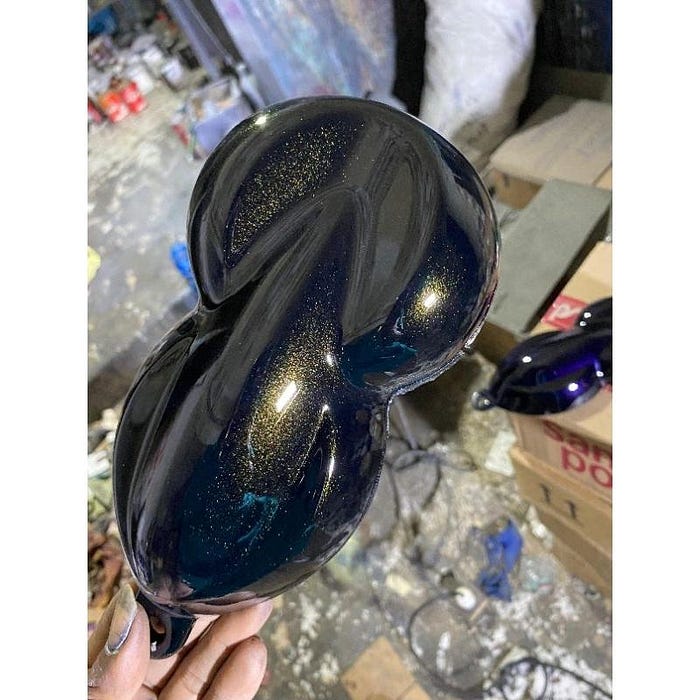From "Is It OK to Take a Walk?/Yes, experts say. Equal parts transit alternative and therapy, contemplative strolls are helping people’s mental and physical health. Just stay six feet apart" by Alex Williams. The internal quote is from a 1987 memoir by Vivian Gornick, who was writing specifically about NYC, with its high concentration of passersby to observe.
The density of the people walking around you was, to Gornick, a big plus, making walking in NYC uniquely great. But now, there's the distinct negative of making it difficult to keep 6 feet apart.
We've been taking long walks here in Madison. Yesterday, walking, we saw more other people walking than in the past. What were they doing before that kept them off the sidewalks? It must have been work, because the indoor amusements — television, video games, social media — are just as available now as before. But perhaps there's a newfound need to expand into the open air and to experience the vivid reality of the outdoors.
The people of Madison all kept their distance. We'd cross the street to avoid walking past other couples — and even singles — when there wasn't enough room to give them wide berth.
People were friendlier! Everyone smiled and nodded hello. There was no reason to convey to a stranger that no, I don't know you and I don't want to stop and talk. It was all already understood. We are holding our place in the world together, doing our part, sharing the same feeling of understanding a crisis and valuing this blessed life.
Even in brownstone-lined streets of Brooklyn... close-quarter encounters on the city sidewalks seem — for now, at least — inevitable. On an afternoon stroll to the market, you find yourself suddenly face to face with a stranger who suddenly turns the corner, quickening your pulse in a way little known since the mugging heyday of the 1970s and ’80s. Crossing a crosswalk, say, west, you find yourself triangulated on the corner by one person walking north and another walking east.I remember, back in 1983, just before I moved to Madison from New York City, where I worked at the southmost tip of Manhattan. The sidewalks were so crowded and a good many of the pedestrians were so egocentric that they would stride briskly down what they seemed to imagine was their lane in the sidewalk, as if walking were a battle of nerves and I needed to get the message that I'd better jump out of their lane. It was the opposite of what people in cars do, which is to change lanes to pass. I tried, but not always fast enough for these important, busy men, who would go ahead and clip me on the shoulder if that's what it took to maintain their speed and to own their lane. It made me sad, especially when I was noticeably pregnant, to see and to feel people acting like that.
But it's 2020, and even — especially — the most egocentric people must modify — radically modify — the way they act in relation to other people. What will come of this exercise? A new love for each other? A new etiquette?
.jpg)


